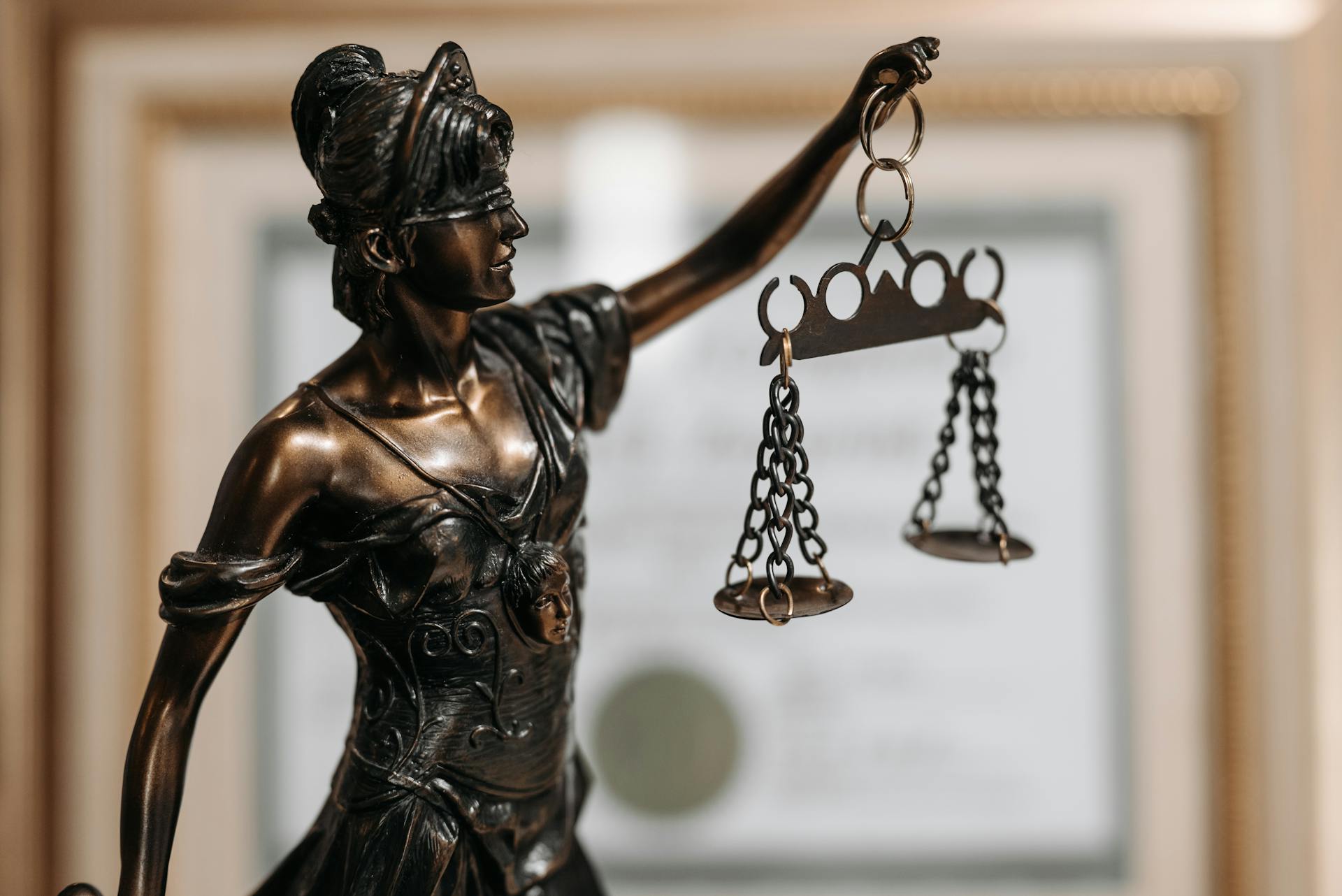Why do men fear feminists?
I must have asked myself this question a thousand times in the last couple of weeks. It started when I wrote an article on the Fall of the Divine Feminine in Africa and a friend called to give me a very patient, detailed explanation of all the ways that I had gotten it wrong.
The world, he maintained, is really rigged against men. Citing “the right sources”, he informed me that women control the world and the feminist movement just likes playing the victim card to hide the fact.
I wanted to learn more. So I dived into the world of masculists, menists, incels, and pick-up artists that “the right sources” led me to. And here I was confronted by the literature of self-styled masculinity gurus from the so-called Manosphere who have taken it upon themselves to teach the lost young men in their 20s to early 30s how to be men.
Inside the larger group are smaller communities of pick-up artists, involuntary celibates (incels), fathers’ rights groups, and masculists. These groups all cater to men who are just discovering their manhood or looking for advice on how to be better men. All of these groups share one feature; they are opposed to feminism and hostile towards women.
There is a common belief among all the communities on the Manosphere that feminist ideals are destroying (or have already destroyed) the world for men by placing a higher value on the woman at the expense of men.
After poring through hundreds of chatroom discussions and tens of fervent blogs, I still cannot see how so many men, most of whom are well educated and intelligent, can fall for this hokum.
Fear of the unknown
There is no denying that the world today is a man’s world. Men control a majority of the resources and are thus able to call the shots on pretty much everything, including many aspects of women’s health.
But masculists have managed to convince men that women somehow run the world by setting social precedent. In fact, much of masculist philosophy is based on a selective definition of hypergamy, the assertion that women date upwards and will go to the next best deal (man) if you are not it.
This is the heart of masculism. It conveniently ignores the fact that men do the same in selecting a women mate with, except with looks rather than resources.
Unfortunately, sexual dynamics cannot be relied on to explain the world. It is even worse suited to solving gender equality. There are too many personal emotions involved.
Not to mention the fact that the entire construct is very USA. In fact, much of the anti-feminist sentiment in the world today, much like conventional feminism itself, is made in the USA.
On the other hand, Africa is seemingly turning towards a more holistic approach to masculinity. African Masculinity is defined as containing both a female and male ideal.
Personal experiences
There is no shortage of opinions on feminism online. With social media, anyone with a smartphone has all the qualifications they need to ‘teach’ others about the facts of life. And when you browse through the Reddit discussions, you see clearly how personal opinions and experiences shape opinions on everything.
Everyone’s views are deeply rooted in a person’s experiences – upbringing, dating experiences, etc. But the generalizations from these personal experiences are preached as fact.
For all its faults, the masculist movement has done a good job of cultivating a deep-seated resentment of supposed victimhood at the hands of women in the millions of young men who subscribe to its lopsided rhetoric.
The paradox of using victimhood to advance their cause while accusing women of the same must be totally lost on them.
Misunderstandings
At some point in writing this article, I contemplated changing the title to; “Men don’t really fear feminism.” Even the most hardline anti-feminists maintain that they are not against gender equality or women's rights.
But they have to oppose feminism – the movement for women's rights – because it will take over the world or something.
However, we must recognise that men develop anti-feminist sentiment for very personal reasons. At the end of the day, man/woman relationships are primarily sexual in nature. This presents a litany of disputes that would otherwise be clear cut. Highly emotional debates make it harder, not easier, to come to a common understanding.
Personally, I rarely engage people in these discussions. I learnt how to be a feminist from my mother who has always supported and encouraged me to pursue my dreams. Others who have not been as lucky to grow in such conditions might have a different experience.
I get it. I respect your experiences. You are entitled to your own opinion. It is your choice to make it an informed one.
For many young men leaving their first relationship or struggling to find love, the vulnerability of rejection can be very unsettling. Masculist communities simply give these men an avenue to vent.
And as it turns out, that is all that is needed. They have been able to recruit diehard adherents and by so doing are shaping the conversation around feminism online.
But not without real consequences in the REAL world. In Canada, there has already been several incidences of mass killings by men inspired by anti-feminist rhetoric on the internet.
Masculinity in crisis?
Scholars have come with a brand new, rather scary explanation for anti-feminist sentiment – masculinity in crisis. This is the idea that it is actually masculinity that is in crisis. According to this theory, men are struggling to find their place in the modern society where gender roles may not be as well-defined as before.
When used to explain the psychology of gender pathology as in this Psychology Today article, the idea of masculinity in crisis ties in to the general perception that the world is at the cusp of some massive change.
On the other end of the spectrum, the idea of masculinity in crisis has been dismissed as masculist gas lighting intended to downplay genuine feminist concerns.
As a new and relatively unexplored social theory, the jury is still out on the accuracy of this idea.
The outtake
There is no one answer fits all as to why men fear feminists. If you ask, any masculist (man) will give you a perfectly reasonable explanation to suit their beliefs. But generally speaking, a simple answer to the question of why men fear feminists and subscribe to the dangerous rhetoric it espouses is this; because they have been taught how.
Corporate interests (books, courses, meal plans, and a myriad of self-improvement material) have capitalized on the thirst of guidance by young men to convert masculism into a money-making outfit for the so-called Lords of the Manosphere.
How does knowing this help? It gives us the wisdom to choose different when defining ourselves as African men.
Are we going to subscribe to old-school views of an old world or forge a new path for ourselves? Knowing that we have in each one of us a Divine Feminine and a Divine Masculine, why would we reject one? Reject ourselves?
African masculinity can have no place for anti-feminism. It really is that simple. Africa is rising together as one.
Also read: The Fall of the Divine Feminine in Traditional African Communities





